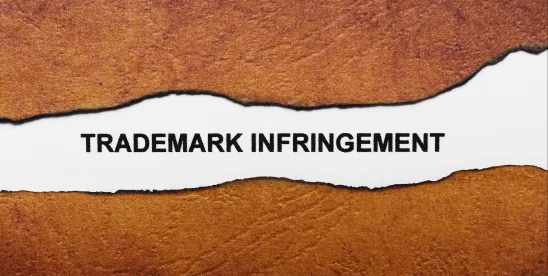A franchisor may pursue claims for declaratory and injunctive relief for potential trademark infringement against a former prospective franchisee even though the prospect never actually used the marks in question. Grainier Franchise Company, LLC entered substantive negotiations with DAZ Global, LLC and its principal, Dimitry Baum (collectively “DAZ”), for the opening of a Grainier Bakery franchise in Chicago, Illinois. The parties negotiated for well over a year from late 2021 through spring 2023 before talks broke down. In the period of negotiation, DAZ entered into a 10-year lease for the prospective store, hosted Grainier’s founder, Juan Pedro Conde, in Chicago for a tour of the same location, and visited Grainier headquarters in Spain to meet with Conde a second time.
In October 2023, DAZ filed suit in Illinois state court alleging violations of two Illinois statutes, the Franchise Disclosure Act and the Consumer Fraud and Deceptive Practices Act, and for breach of contract and promissory estoppel. Grainier removed to the U.S. District Court for the Northern District of Illinois and countersued for violations of the Lanham Act. See Baum et al. v. Grainier Franchise Company, LLC et al., No. 24 C 151, in the U.S. District Court for the Northern District of Illinois. Grainier sought declaratory relief against DAZ’s use of Grainier’s trademarks and an injunction against unfair competition also in connection with use of the marks. DAZ moved to dismiss the counterclaims.
DAZ’s motion argued that Grainier lacked standing to bring the claims due to lack of a sufficient injury and did not have the ability to enforce the mark because it was a non-exclusive licensee of the mark in question. DAZ also argued it had not used the mark in commerce thereby depriving Grainier of the right to bring a Lanham Act claim. The Court addressed each argument in order.
The Court found that while DAZ had yet to use the Grainier mark, it had taken affirmative steps in that direction. DAZ entered a 10-year lease for the prospective Grainier location, engaged an architect for renovation of the space, and reviewed related legal instruments. The Court also noted that the lease for the space required DAZ’s operation of a Grainier bakery in the applicable space.
Next, the Court found that just because Grainier only had a license to use the marks in question (the actual owner of the marks was Grainier’s parent), it could still bring its claim for violation of the Lanham Act. A Lanham Act plaintiff need not own the mark in question, but it still must own some proprietary right or a reasonable interest in its protection. Grainier adequately alleged its rights to the mark as a licensee and the potential harm from DAZ’s infringement. Finally, the Court was willing to allow Grainier’s claim for unfair competition to proceed based on the same facts and DAZ’s failure to disclaim its desire to operate the franchise at the leased location or—at the very least—renegotiate its terms.
The case provides guidance for how franchisors may protect their intellectual property after failed negotiations with prospective franchisees. Such protections can provide the basis for claims against prospective franchisees if they have not affirmatively infringed the franchisor’s rights through actual use of the marks in question.




 />i
/>i
